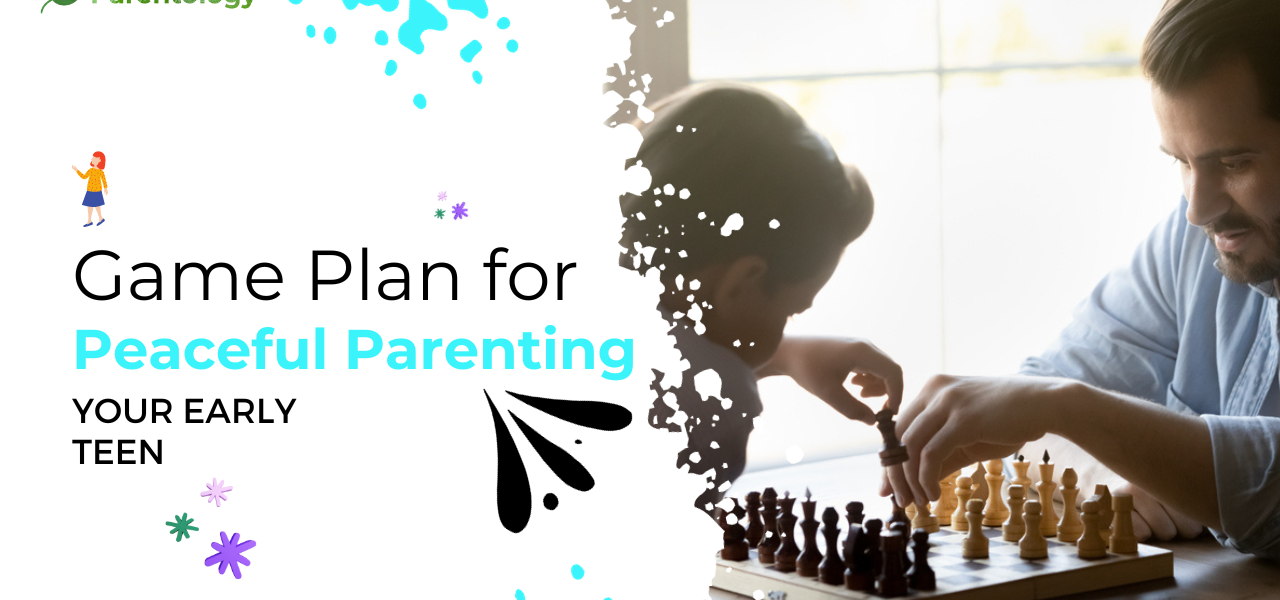Mastering Peaceful Parenting: A Game Plan for Navigating the Teen and Tween Years
Parenting during the tween and teen years can be a rollercoaster of emotions and challenges. It’s a time when your child is transitioning from childhood to adolescence, testing boundaries, and seeking independence. To navigate this period with grace and foster a peaceful environment, consider this game plan of parenting teens and tweens parenting teens and tweens tailored for parents of early teens.
Understanding the Tween and Teen Dynamics
1. Defining Tweens and Teens
- Tweens are typically aged 10 to 12, while teens are 13 to 19.
- Each stage comes with distinct developmental changes and challenges.
2. Recognizing the Need for Independence
- Teens and tweens crave independence to form their identity.
- Balancing autonomy with guidance is crucial for effective parenting.
Game Plan for Peaceful Parenting
1. Open Communication Channels
- Encourage your teen to express their thoughts and feelings.
- Foster an environment where they feel heard and understood.
2. Set Clear Expectations and Boundaries
- Clearly communicate expectations regarding responsibilities and behavior.
- Establish consequences for both positive and negative actions.
3. Be a Role Model
- Demonstrate the values and behaviors you wish to instill in your teen.
- Lead by example to provide a positive influence.
4. Foster Mutual Respect
- Treat your teen with respect to receive respect in return.
- Engage in open discussions rather than imposing decisions.
5. Embrace Flexibility
- Recognize that your teen is developing their own opinions and preferences.
- Be flexible in adapting to their changing needs and interests.
Navigating Common Challenges
1. Dealing with Mood Swings
- Understand that hormonal changes contribute to mood swings.
- Encourage healthy coping mechanisms like journaling or physical activity.
2. Addressing Peer Pressure
- Teach your teen to make independent decisions despite peer influence.
- Offer guidance on building strong, supportive friendships.
3. Time Management Skills
- Help your teen develop effective time management skills.
- Encourage the creation of schedules and routines.
4. Balancing Screen Time
- Set reasonable limits on screen time and prioritize offline activities.
- Monitor online interactions to ensure a safe digital environment.
FAQs on Peaceful Parenting Teens and Tweens
Q 1: How do I establish trust with my teen?
Ans 1: Build trust through open communication, active listening, and respecting their opinions.
Q 2: What role does empathy play in parenting teens?
Ans 2: Empathy fosters understanding and strengthens the parent-child bond, especially during challenging times.
Q 3: Are there benefits to involving teens in decision-making?
Ans 3: Yes, involving teens in decision-making empowers them, fostering a sense of responsibility and independence.
Q 4: How can I encourage a positive body image in my teen?
Ans 4: Promote body positivity by emphasizing health over appearance and discussing media portrayals realistically.
Q 5: Should I allow my teen privacy?
Ans 5: Yes, respecting your teen’s privacy is essential for building trust and independence.
Q 6: How do I handle conflicts without escalating tension?
Ans 6: Stay calm, listen actively, and address the issue collaboratively to avoid escalating conflicts.
Q 7: Is it normal for teens to push boundaries?
Ans 7: Yes, pushing boundaries is a natural part of adolescent development as teens seek independence.
Q 8: What’s the significance of quality family time during the teen years?
Ans 8: Quality family time fosters connection, communication, and a supportive environment for teens.
Q 9: Are there effective consequences for breaking rules?
Ans 9: Consequences should be fair, consistent, and aimed at teaching responsibility rather than punitive measures.
Q 10: How do I support my teen’s interests and hobbies?
A 10: Encourage exploration of interests, participate in their activities, and provide the necessary resources.
Conclusion: Nurturing Peaceful Connections
Mastering peaceful parenting during the tween and teen years requires a thoughtful approach that balances guidance with autonomy. By understanding the unique dynamics of this stage, employing effective communication, and addressing common challenges, you can navigate this transformative period with grace. For ongoing parenting insights, explore more articles on Parentology and continue the journey of nurturing strong and peaceful connections with your teens and tweens.





